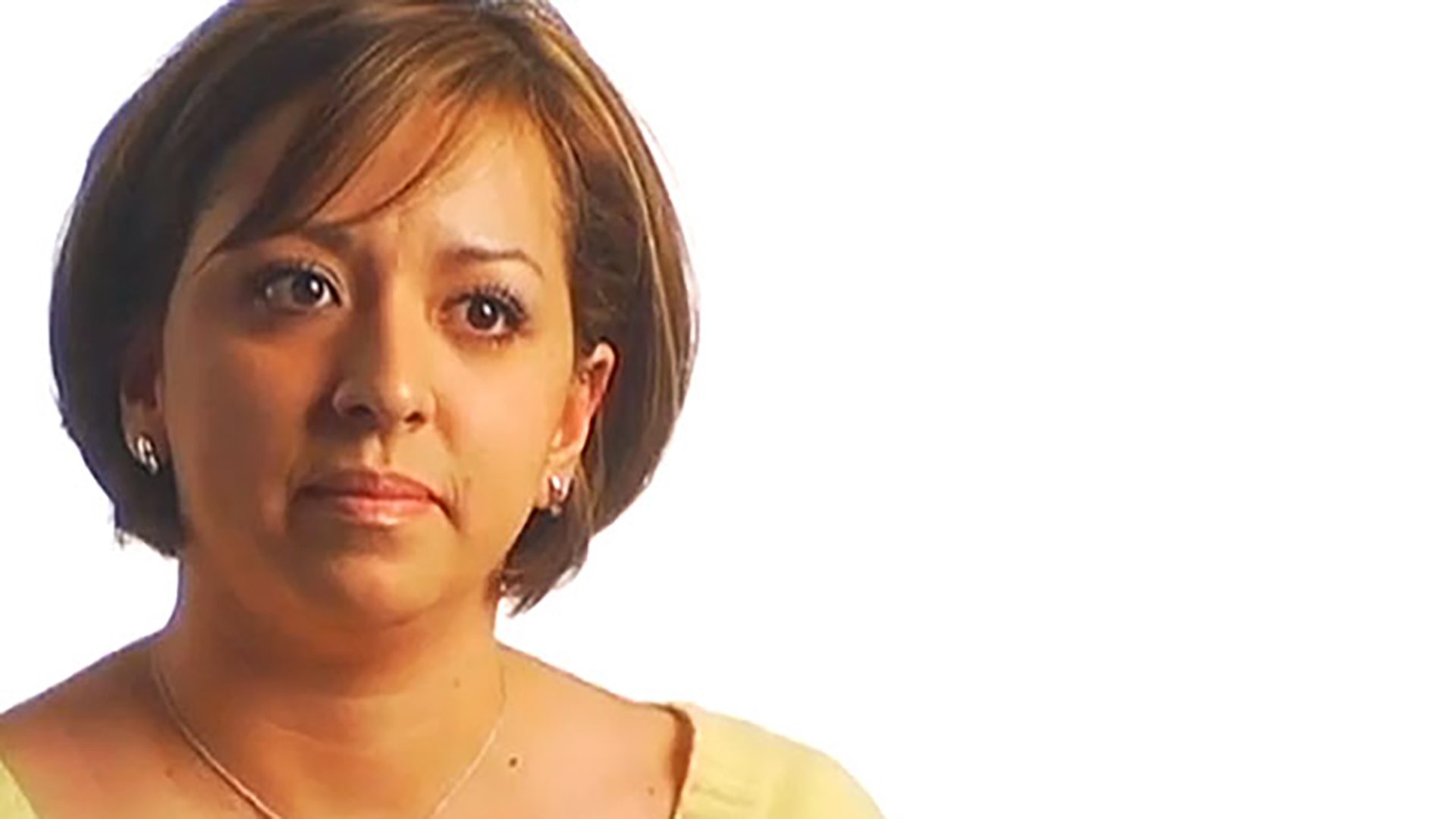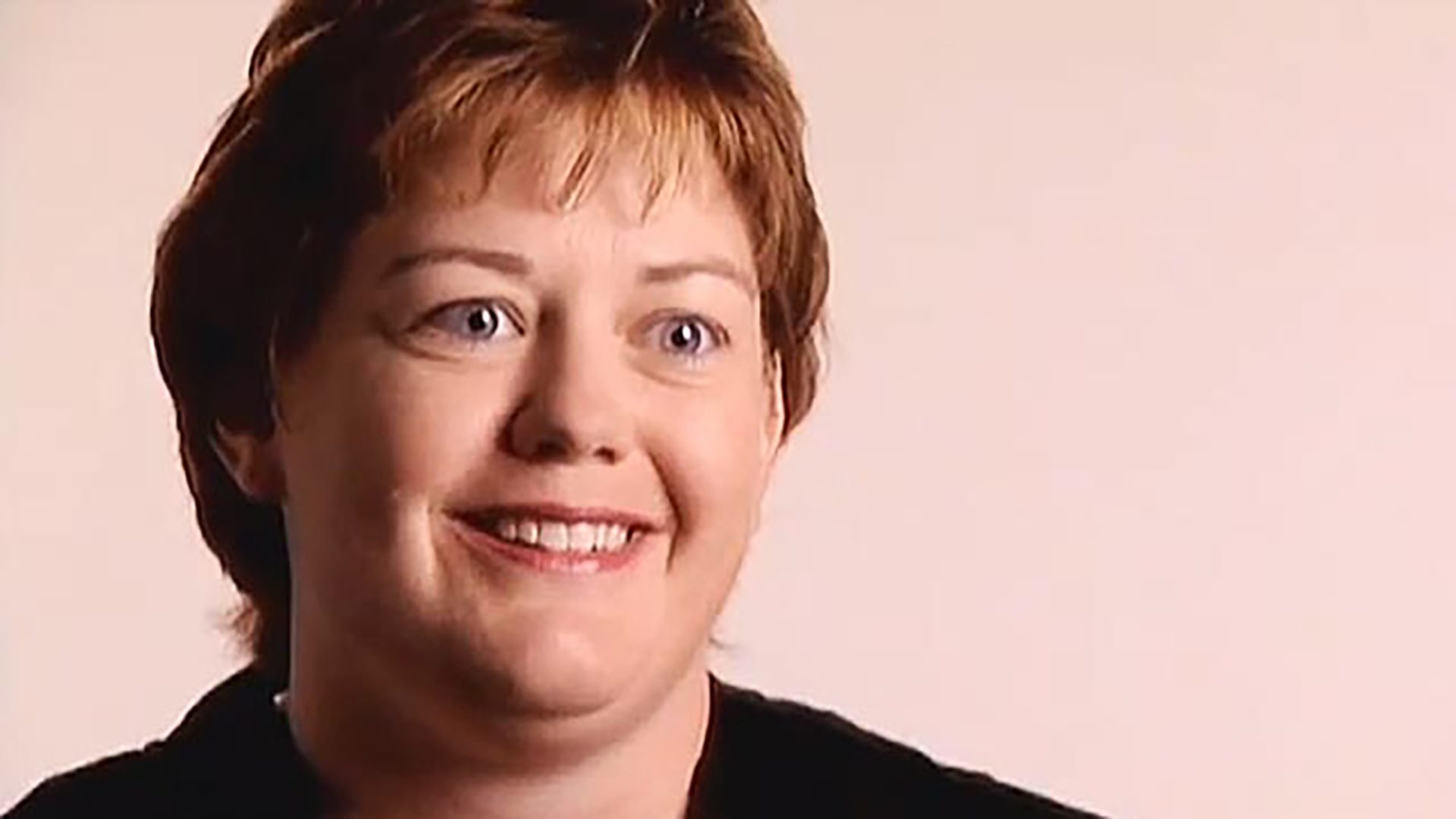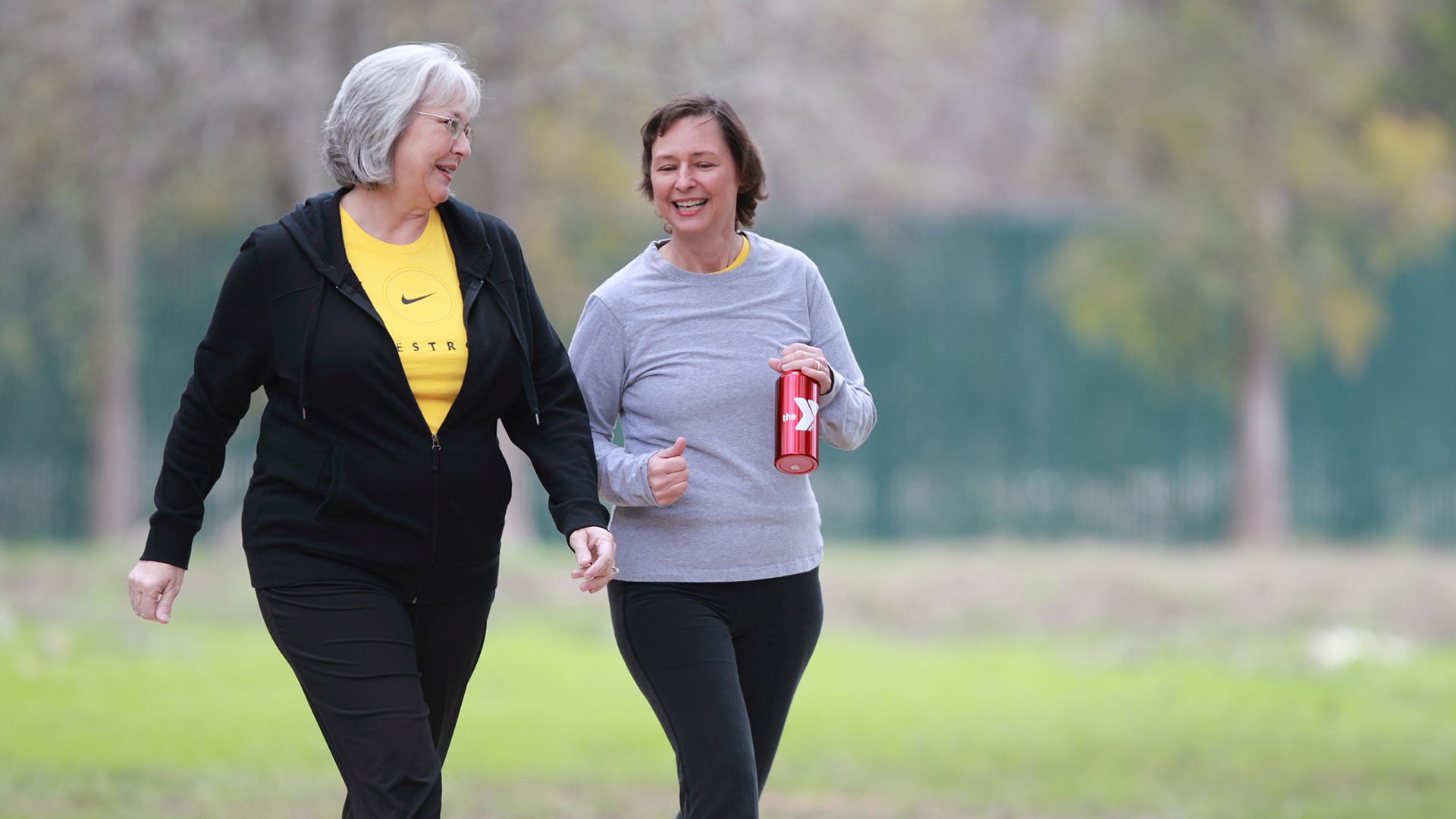Survivor Interview – Claudia V.
Claudia lost her fiancé to testicular cancer. She talks about Jose’s cancer, medical planning, and dealing with Medicaid.

Jose was diagnosed December 28th. He had surgery right away. They removed the tumor, but it had already spread to his spine. They thought he had some spots on his head, but they couldn’t figure out from the X-rays or CT scans. For sure, he had it on his lungs and his stomach. It was a Stage 4, and we didn’t know what that meant. Once the doctor started explaining everything, they said it was pretty advanced. They explained the treatment: chemo every three weeks, five days a week.
He started chemo right away. They seemed really hopeful because he was 24.
After the first round, he never went into full remission. I guess the cancer count’s supposed to go to zero. It didn’t go to zero. It went to the low hundreds but never to zero. So then we started the process all over again.
They sent him to MD Anderson. They started doing more research. And he had the second round. Around August or September, they told him that he could do a bone marrow transplant. So they did all these tests, and he came back home to El Paso. They told him after all of the tests were completed that he had a one percent chance after the bone marrow transplant, but that it was up to him if he wanted to do it. So he said, “Sure. I’m willing to try anything.”
After that round, they started oral chemo. That really wasn’t working, so he started getting really sick again because the cancer was spreading. They were like, “Let’s do one more heavy dose. Five weeks again and then you’ll go for your bone marrow transplant in January.” We were trying to aim for January, but something always kept happening.
When he was doing the oral chemo, they found out three spots in his head were tumors. So that caused seizures. He had about six seizures. His right arm lost all movement and some of his leg, but not too much. The more he used it, the better it got. We started going through chemo, radiation, and physical therapy.
He got pneumonia in November. He went to the ICU for about a week. Some of the tumors had ruptured, so now he had all the fluid and blood. The reason he was so weak was because he wasn’t getting any oxygen. We kept getting the whole, “He’s getting better. No, he’s not. He’s getting better. No, he’s not.” After a week of being in there, they asked us if he wanted to be resuscitated because that’s what it was going to come down to. Of course, we weren’t married. We weren’t even engaged yet, but we had been together 12 years. So his family talked about it.
We’ve had the same friends since we were both 11. We’ve grown up with these seven guys. Some flew in, and we were all sitting there in the hospital. He explained to us that he didn’t want to be resuscitated. I was ready for the end, because we were sitting there and he was like, “I’m sure my dad told you I don’t want to do this. I don’t want to be laying here. I don’t want you to think I’m a quitter.” And we’re like, “A quitter? You’ve been doing this forever. We understand you don’t want to be laying there with that.”
I didn’t talk to him about DNR in front of his parents. We talked about it when we were alone. We always talked about the fact that whenever it comes to the point where we’re just vegetables, we don’t want to be like that. That was always the conversation we had. He just wanted to live on his own, not with machines. He was okay with oxygen, but he didn’t want to be on a tube.
In December, his body was just giving out. He was being fed through a tube, and he couldn’t do a lot of stuff on his own. He couldn’t walk. It was hard for him to sit up and eat, and he just got tired really quick.
He knew he was going to go. He just wanted to go home. He actually proposed the day before he passed away. We got to go home that night, and he was so excited. He had proposed early in the morning. So we go home and, of course, hospice is there. They brought in these two large oxygen tanks. He’s sitting in the bed with his oxygen mask, and he can’t talk really loud. He’s like, “Babe, come here.” So I go over there and he’s like, “Did you see what they did?” I’m like, “What?” He’s like, “They brought me kegs when I asked for oxygen.” That was the last joke he probably made.
It’s harder to handle it now than when it first happened. I still think about that morning the whole time, because you’re watching somebody pass away in front of you. I was thinking, “Why wasn’t I screaming? Why wasn’t I hugging him?” Losing someone, no matter what age, I think is hard. If I miss him this much, and I’m just his fiancé, you can’t imagine his mom or dad or sisters. There’s no way I could imagine that pain. But it’s been really hard.
I’m a social worker, so I’m always finding resources for people that don’t have money. A social worker came by once to give him the Medicaid application, but she never came and said, “Do you need therapy? Do you need this?” Never. I just never understood that. His dad did a lot of searching for how can we pay for this. Medicaid only covers three medications a month. He was on a lot more than three. I felt like I really couldn’t help much because you can’t do anything but suggest, and it’s up to the family. A lot of times, even when you suggest, the family knows they have to do it, but just getting to the paperwork and being at the hospital, it’s really hard.
I remember when Medicaid was not working. It’s like, “He’s still sick. Are you going to do something about it or are we going to wait until the paperwork goes through? That’s another 30 days for it to be approved.” We actually had an issue with Medicaid because they were going to take it off halfway through the month because they gave him a $100 extra the month prior. To make up for that, they were going to cancel it, but he could get it back the next month. The cancer doesn’t go away for those two weeks, so what do people do?
I think nurses are amazing. I never realized how great they are. They don’t get enough credit. When we were in the ICU, this nurse told Jose, “You can decline anything. You don’t want to get your blood drawn tonight? Say no.” Small stuff like that, doctors don’t tell you. You think you have to do it because they’re coming in to do it. It’s up to you. You never get to ask, “Do I have to?” That was a big deal. Finally, he took advantage because he was like, “No. No. No,” as soon as they came in. Small stuff like that gives a patient control because they have no control over cancer whatsoever. They have no control over the chemo they get. They just get told, “You’re going to do this, do this, do this.”
Just watch and learn, because I think my thing was that I was always trying to fix stuff to make it easier, and people know what’s best for them. You could tell him, “Don’t do this. Don’t do that.” But this whole time, they’re the ones going through it. So just support them. You feel useless because you’re sitting back watching all that stuff happening to them. I remember he said, “You just being there is enough.” People don’t realize that, because you feel like you want to do something. But that’s it. Just be there and don’t complain when they ask you for stuff. After a while, I didn’t want to wake up in the middle of the night because he had to go to the bathroom. I know that we, who are trying to help them, are tired, but just think how tired they are. They still have to get up. They still have to keep fighting. I learned that I shouldn’t have complained.
I read a lot of the stories that were on livestrong.org. I wanted to know how to deal with things. We emailed a question, and the LAF was able to help. The emails were returned right away. Questions were answered. Stuff like that helps because it is support for someone. Support’s a big job. The website helped us because just reading that someone else is going through it and that you’re not alone really did help.
My name is Claudia Vega. My fiancé, Jose, passed away from testicular cancer.

